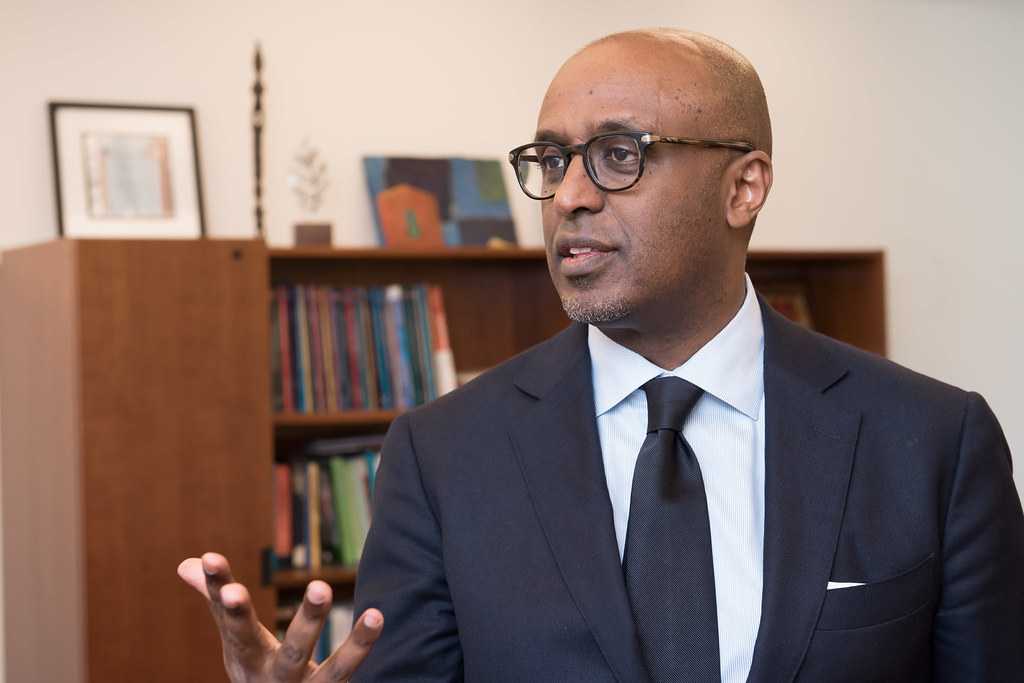Abebe Selassie, Director of the African Department at the International Monetary Fund (IMF), has emphasized the importance of Ghana reaching an agreement with its bilateral creditors to restructure international bonds. This agreement, once achieved, will be a crucial milestone in securing the disbursement of the third tranche by the IMF.

Speaking at a session during the World Bank and IMF Spring Meetings in Washington, Selassie noted the significance of the staff-level agreement reached as part of the second review of Ghana’s program with the IMF. He highlighted ongoing discussions between Ghana and its bilateral official creditors, expressing optimism that these discussions will lead to a resolution.
Selassie commended Ghana for its efforts in fulfilling the necessary requirements for the IMF’s disbursement. He stressed the need for external creditors to fulfill their obligations to facilitate the approval of the disbursement by the IMF Board.
Regarding the recent interim agreement reached with international bondholders, the Finance Ministry stated that negotiations would continue until a deal aligns with IMF debt sustainability targets. This announcement followed Ghana’s inability to secure a workable debt deal with two bondholder groups, with talks paused after the IMF indicated that the proposed deal did not meet its parameters.
Stéphane Roudet, IMF Mission Chief for Ghana, highlighted the importance of reaching an agreement with external creditors to enable the IMF Board to review the staff-level agreement. He noted that once the Executive Board review is completed, Ghana will have access to US$360 million, bringing the total IMF financial support disbursed since May 2023 to US$1.56 billion.
The IMF acknowledged Ghana’s strong performance under the program, with most quantitative targets met and progress made on key structural reform milestones. Economic activity in 2023 exceeded initial projections, and growth forecasts for 2024 are expected to be revised upward. The IMF also commended Ghana’s fiscal discipline and revenue mobilization efforts, along with its expansion of social protection programs to mitigate the impact of the crisis on vulnerable populations.